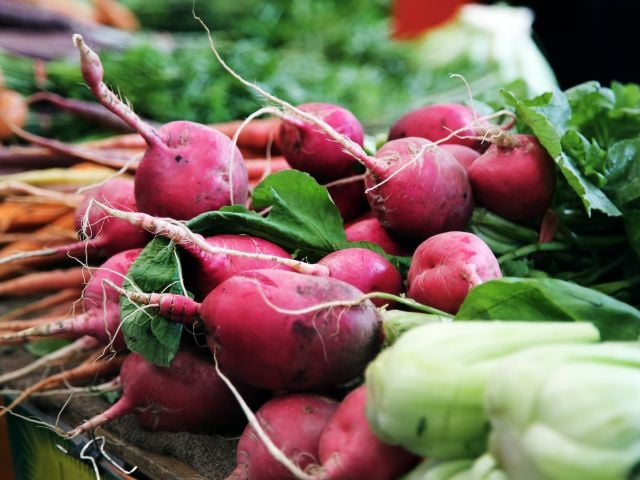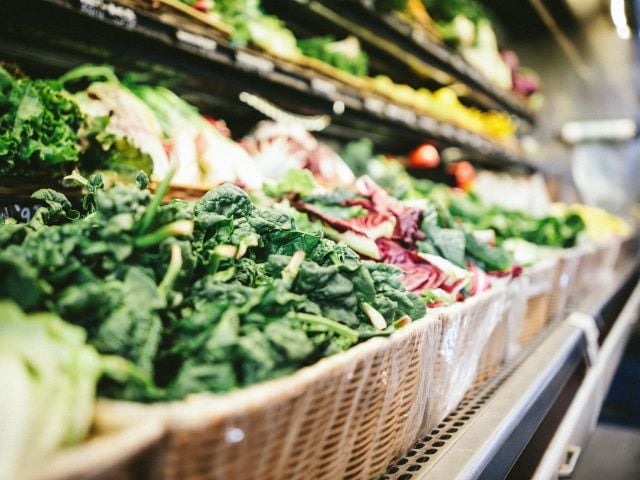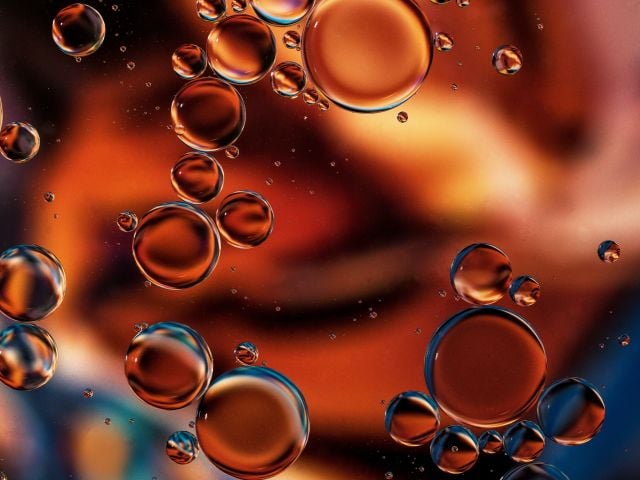
View and Download the report here: Moms and Pops
Everyone knows that women eat – and often crave – different foods when they’re pregnant. But an Environmental Working Group (EWG) analysis of government data shows that some of the things they eat more of give their babies an extra dose of toxic pollutants at the most delicate stage of life. These persistent organic pollutants (POPs) include chlordane, dieldrin, DDT, heptachlor and heptachlor epoxide, hexachlorobenzene, and toxaphene. Although men generally eat more, pound for pound, than women, this changes when women become pregnant or are nursing, when their caloric and nutrient requirements are at a lifetime high. Of the 50 foods that are most contaminated with POPs, there are 16 that women eat more of (relative to their weight) than men – including such staples as milk, hamburgers, cheese and butter. By following what her doctor recommends as a healthy diet during pregnancy and lactation, a woman will increase her intake of POPs during a time when both she and her fetus are highly vulnerable to insult from environmental toxins.
Women commonly alter their diets during pregnancy and nursing to accommodate the nutritional needs of the fetus and infant. EWG’s analysis of data on the eating habits of these women shows that this diet shift dramatically increases their own and their baby’s exposure to highly toxic pollutants like DDT, hexachlorobenzene and other POPs. This exposure is of great concern because most POPs (including DDT) disrupt the normal function of the endocrine (hormone) system in the mother and the fetus. Normal endocrine function is essential to the healthy development and functioning of many critical organ systems, particularly those involved in sexual development, reproduction, and behavior. Many scientists strongly suspect a link between fetal and neonatal exposure to POPs and the increase in a number of diseases including testicular cancer, hypospadias, endometriosis, and breast cancer. Other phenomena, such as the dramatic drop in sperm count reported in many industrialized countries, and the significantly younger age at which children now reach puberty, are also linked to POPs exposure in the scientific literature.Women should not feel guilt or take blame for the POPs in their food, and they definitely should not sacrifice nutrition to avoid POPs. Instead, the food supply should be cleaned up.
View and Download the report here: Moms and Pops




